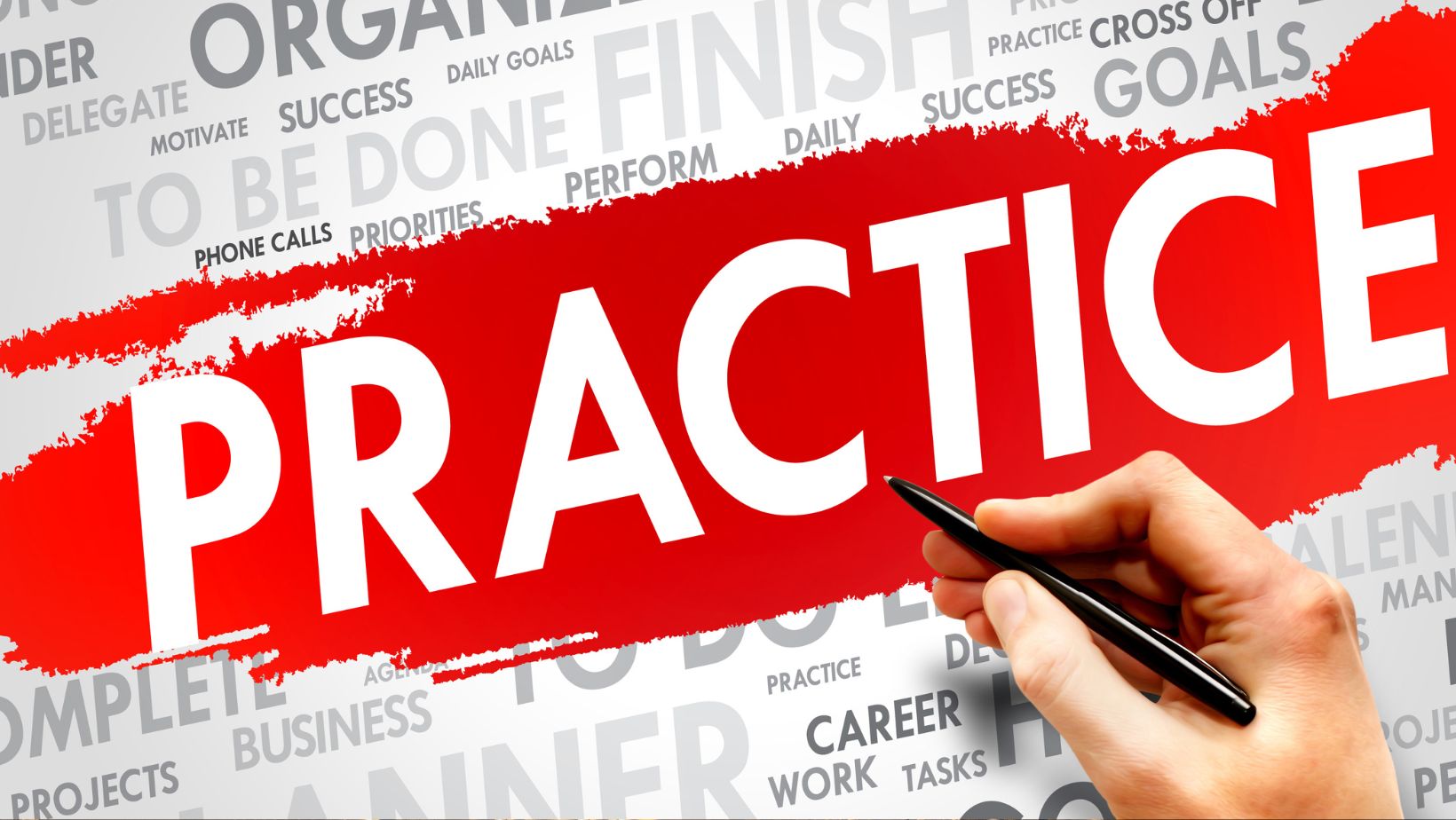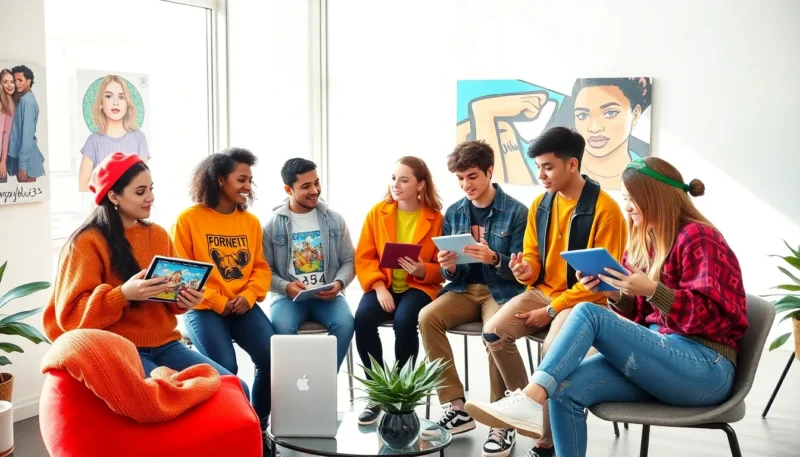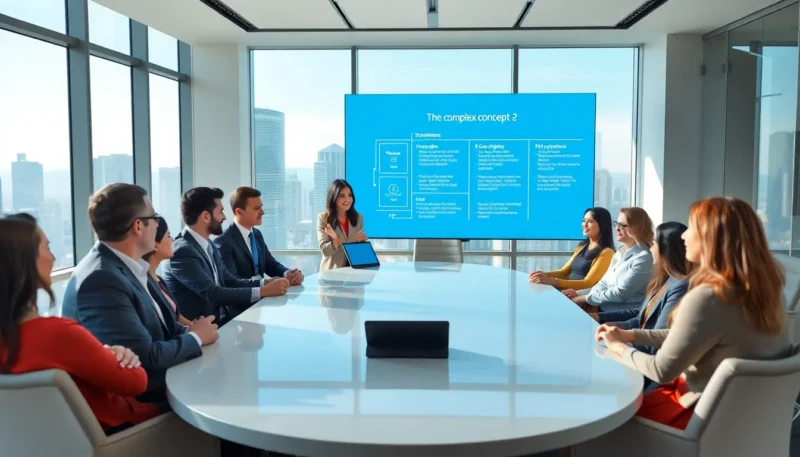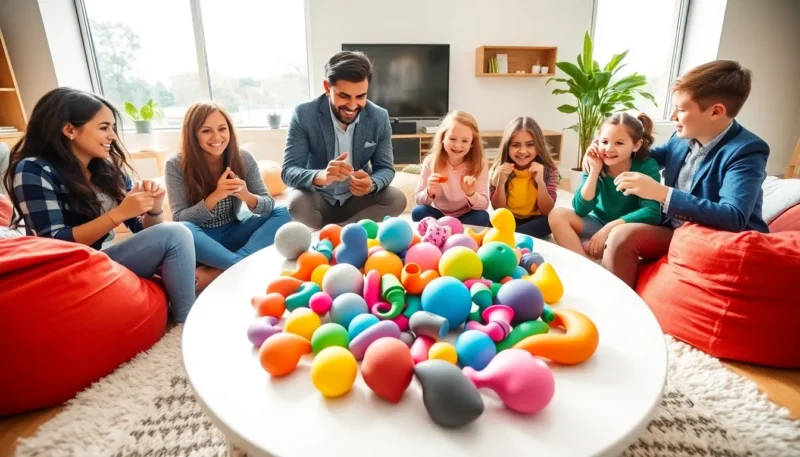Practical Skills That Make You Stronger in Any Situation
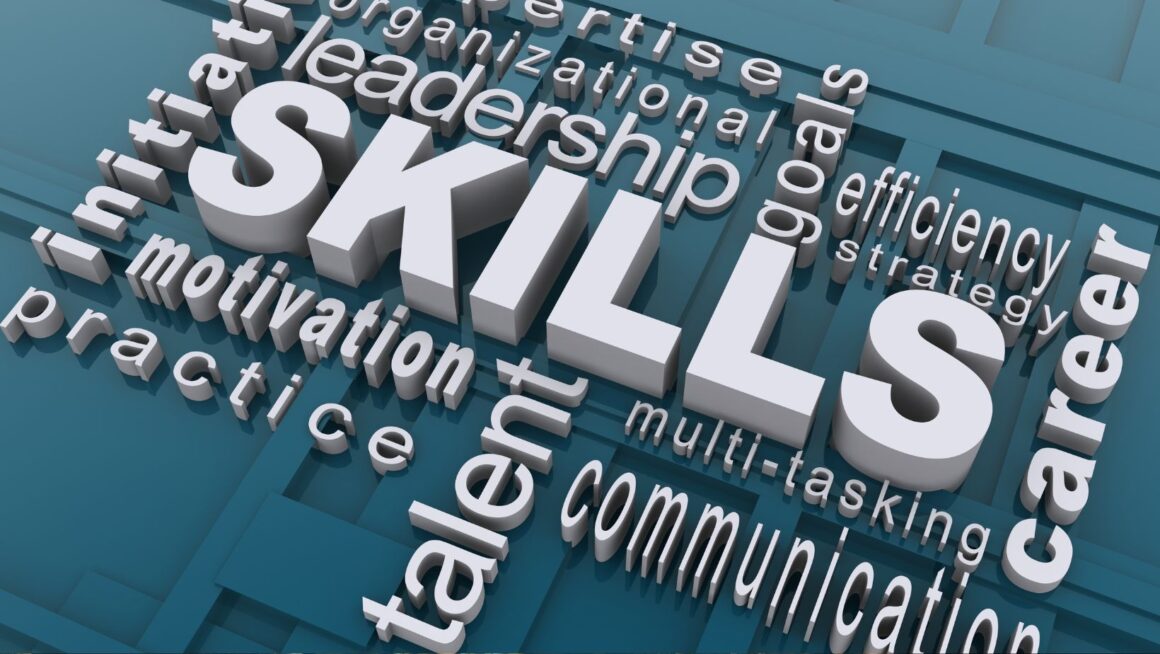
More Than Knowledge Alone
Life doesn’t always play out the way we expect. Plans fall apart, accidents happen, and challenges appear without warning. While knowledge and education give us a strong foundation, it’s often practical, hands-on skills that carry us through the toughest situations. These are the tools that build resilience, confidence, and independence—qualities that make us stronger no matter what comes our way.
The Value of Self-Sufficiency
Practical skills are all about self-sufficiency. When you know how to handle everyday challenges, from cooking a meal to fixing a flat tire, you’re not only less dependent on others—you’re more confident in your own ability to adapt. Self-sufficiency is empowering because it transforms obstacles into manageable tasks. Instead of panicking, you step forward with solutions.
Problem-Solving Under Pressure
One of the most important traits practical skills teach us is problem-solving under pressure. Whether it’s dealing with a sudden work deadline, navigating travel hiccups, or managing family responsibilities, the ability to think clearly and act quickly is invaluable.
Take, for example, a student who learns how to budget their time effectively—they’ll perform better under the pressure of multiple exams. Or consider a traveler who knows how to handle lost luggage or a missed connection. Instead of being derailed, they find alternative solutions. Even in professional settings, the ability to troubleshoot calmly can transform a setback into an opportunity.
This mirrors the mindset we often admire in athletes, leaders, and even gamers: the ability to stay calm in high-stakes situations. Practical skills give us the chance to build that same focus in our own lives, helping us turn uncertainty into action.
Safety and Preparedness Skills
Among the most universally useful skills are those related to safety and preparedness. Emergencies don’t happen often, but when they do, knowing what to do can make all the difference. Learning how to administer first aid, perform basic repairs at home, or even navigate without technology builds a sense of calm that others can lean on.
For example, some people choose to pursue CPR certification near Kitchener not because they expect emergencies, but because it offers peace of mind. It’s a practical skill that empowers them to act in a moment that truly matters. Just as with any other skill, preparedness is less about expecting the worst and more about having the confidence to handle whatever life throws at you.
Everyday Life Applications
Practical skills aren’t just about extreme scenarios—they’re woven into everyday life. Cooking your own meals saves money and encourages healthier choices, while also giving you the ability to host and connect with others. Managing a household budget builds financial stability and reduces stress during uncertain times. Even learning how to sew on a button, unclog a drain, or change a tire prevents small inconveniences from turning into major frustrations.
Technology skills are another form of practicality. Knowing how to troubleshoot a device, protect personal data, or adapt when the Wi-Fi drops during an important call can make modern life much smoother.
These small skills may not feel monumental, but together they reduce stress and create confidence in daily living.
Building a Resilient Mindset
Practical skills also shape our mindset. They teach patience, adaptability, and the understanding that not every problem has a perfect solution. Sometimes, it’s about making the best decision with the tools you have. This resilience builds over time, making you stronger and more capable in all areas of life—work, relationships, and personal growth.
Preparedness also reduces fear. Instead of worrying about “what ifs,” you can focus on the present, knowing you’re capable of handling what comes next. That freedom is one of the greatest benefits of investing time in developing practical skills.
Passing Skills Forward
Another benefit of practical skills is their ability to be shared. Teaching a sibling how to cook, showing a friend how to change a tire, or helping a colleague with basic safety knowledge creates stronger communities. By passing skills forward, we don’t just prepare ourselves—we prepare those around us to face challenges with the same confidence.
This ripple effect is powerful. One person’s readiness can inspire an entire group to build resilience, creating communities that are safer, calmer, and more connected.
Final Thoughts: Strength Through Readiness
At the end of the day, practical skills are more than just handy tricks—they’re building blocks for resilience. They allow us to approach challenges not with fear, but with readiness. Each skill learned adds another layer of strength, making us better prepared for whatever comes next.
From cooking and budgeting to safety training and problem-solving, these are the tools that make us stronger in any situation. They remind us that true confidence isn’t about avoiding challenges—it’s about being ready to face them head-on. And when we share those skills with others, we create a culture of preparedness that benefits everyone.

